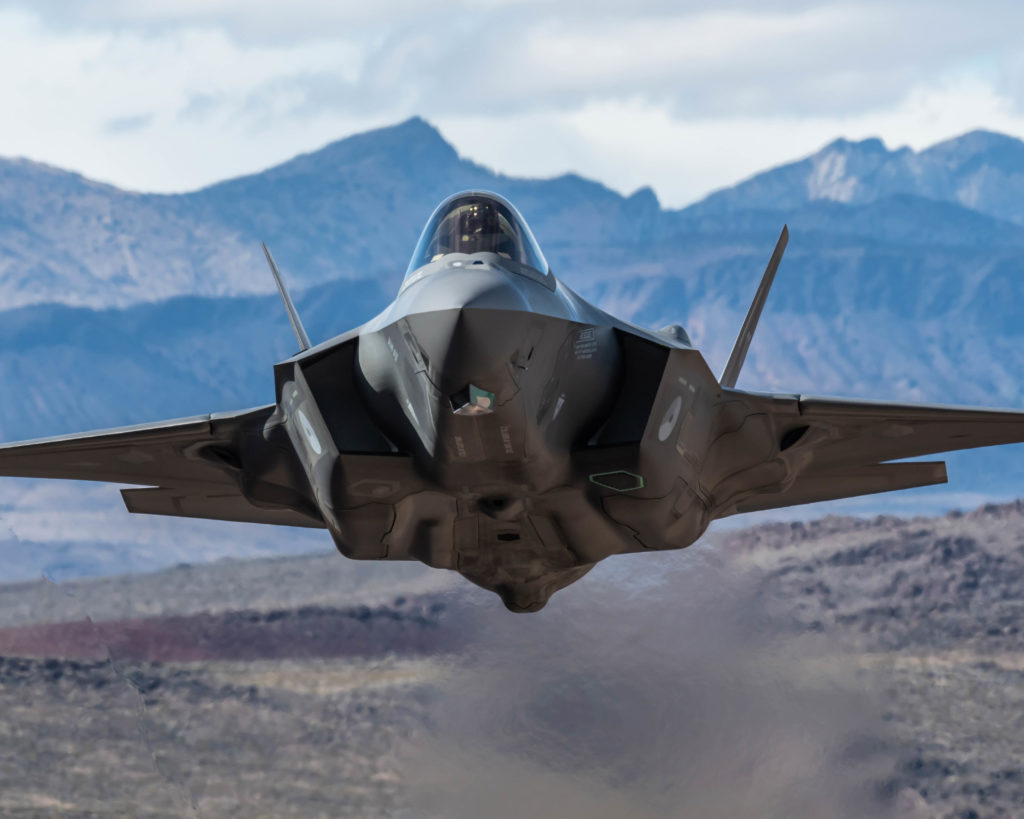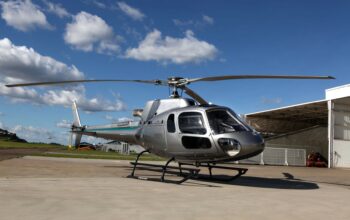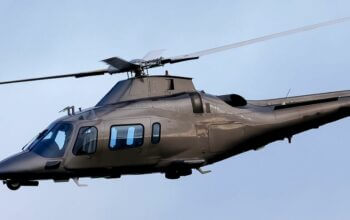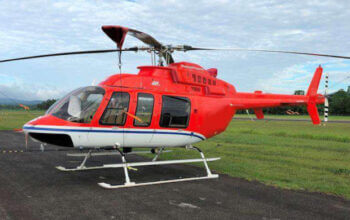Estimated reading time 6 minutes, 29 seconds.
Senior officials with Public Services and Procurement Canada were twice informed in the fall of 2018 by the United States government that the application of Canada’s industrial and technological benefits (ITB) policy in a competition to select a replacement for the CF-188 Hornet would be inconsistent with its participation in a Joint Strike Fighter (JSF) memorandum of understanding (MOU).

Ellen Lord, Under Secretary of Defense for Acquisition and Sustainment, and VAdm Matt Winter, JSF program executive officer, both reminded the Liberal government in letters delivered in August and December, respectively, that as a signatory of the JSF Production, Sustainment and Follow-on Development MOU in 2006, Canada had agreed not to impose “work sharing or other industrial or commercial compensation … that is not in accordance with the MOU.”
When the Canadian government on Dec. 12, 2017, launched a competition to replace the Royal Canadian Air Force fleet of 76 aging Hornets with 88 advanced fighter jets, it made clear that the ITB policy would apply, “requiring the winning supplier to make investments in Canada equal to the value of the contract.”
“The objective of the policy is to maximize opportunities for Canadian companies, support innovation through research and development, and grow export opportunities from Canada,” it said in a statement.
Navdeep Bains, Minister of Innovation, Science and Economic Development, told reporters the policy had already generated over $40 billion in economic investment. “The economic benefits of these new fighter jets will add significantly to those ITB numbers,” he said. “This is an enormous investment in a very important sector for us.”
The $19 billion Future Fighter Capability Project (FFCP) is the largest acquisition in recent Air Force history. The F-35 Joint Strike Fighter, manufactured by Lockheed Martin, is one of four aircraft likely to contend, along with the Boeing F/A-18 Super Hornet, Airbus Defence and Space Eurofighter Typhoon, and Saab Gripen E.
A draft of the request for proposals was shared with the companies last fall and the formal RFP is expected later this month. The government anticipates awarding a contract in 2021 or 2022.
Lord and Winter, however, reminded Canadian officials that the under the JSF memorandum of understanding, partner countries agreed not to require industrial offsets and instead accept work opportunities for their industry based on “best value” to the aircraft program.
Lord wrote that “requiring of an ITB element in any F-35 proposal Lockheed Martin (LM) might submit in the FFCP procurement, would have the effect of requiring industrial participation from LM not envisioned in the MOU, were LM to succeed. This ITB obligation would be inconsistent with the provisions of the [JSF MOU].
“If the ITB policy is imposed as currently envisioned, there is concern that there would not be a level playing field for the FFCP competition,” she concluded.
Winter went even further, stating that the ITB requirement as described in the draft RFP “is prohibited per the industrial participation provisions” of the MOU and that it would not “allow for the F-35 to participate in a fair and open competition that recognizes the special nature and distinct advantages of the partnership.”
He warned that the F-35 supplier team would “submit an F-35 offer only if the ITB requirement is waived entirely and there is no future ITB obligation arising from selecting the F-35.”
His response, he added, was based on his understanding that Canada remained a member of the partnership.
The Liberal government in January confirmed its participation in the JSF program, according to Canadian press. The government has paid over half a billion dollars to support the development of the F-35, including $72 million this year, and Canadian companies have won more than $1.2 billion in F-35-related contracts from Lockheed Martin and its suppliers. A report prepared for the government in 2014 on Canadian industrial participation in the F-35 program estimated over $10 billion in future contracts.
The two letters were included in the annex of a report published this week by the Macdonald-Laurier Institute in Ottawa on what it called the “fiasco” of replacing the fighter fleet. While the letters were a revelation–and an indication of how the current U.S. administration is approaching the project–the potential clash between the ITB policy and the JSF MOU isn’t. Officials with Lockheed Martin have been flagging it for at least the past two years.
As Skies reported in 2017, Lockheed Martin was concerned that the JSF partnership “best value” approach–by which companies from participating nations bid and are selected to provide components and services for the entire F-35 fleet rather than just their own country’s aircraft–might not return the types of regional and technological investments that Canada routinely seeks from major capital defence procurements.
“Because it is a partnership, any kind of cost put on the program for offsets would be shared by everybody, and that would just make the price of the jet go up,” a Lockheed Martin official cautioned at the time.
While Public Services and Procurement Canada did not have a comment on the letters specifically, the department did highlight the regular engagement with the four companies that were deemed eligible suppliers in February 2018.
“The approach is inherently designed to encourage continuous supplier engagement,” a spokesperson told CBC. “We do this so that suppliers are able to make informed business decisions. Our government has been hard-working to address as much of the supplier feedback as possible to ensure a level playing field and a fair and open competition with as many eligible suppliers as possible.”








